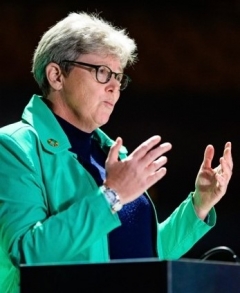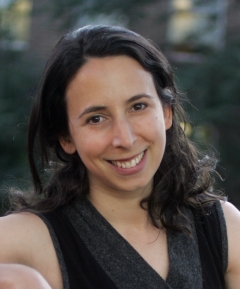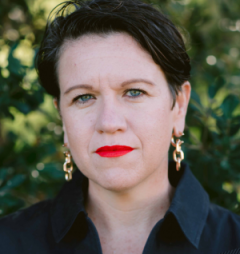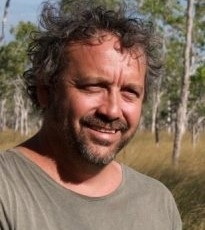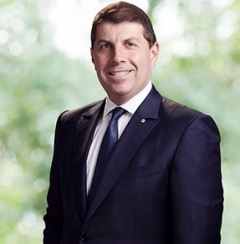Cheryl Durrant
Cheryl Durrant has over 30 years’ experience in the national security sector, including specialist Army intelligence and Defence capability roles. In her former role as Director of Preparedness and Mobilisation, Australian Department of Defence, Cheryl led major initiatives into climate change and energy sustainability. Since leaving Defence in 2020 Cheryl has undertaken research and public advocacy on climate change and security. Cheryl is currently an Executive Member of the Australian Security Leaders Climate Group, an Adjunct Associate Professor at the University of New South Wales, and a Climate Councillor.
Cheryl is a graduated from the Royal Military College Duntroon in 1991 a where she was awarded the Prize for Military Technology, Strategy and History. Highlights of Cheryl’s Army career include service with British Forces, Cyprus and Sub-Unit Command as Officer Commanding 3rd Intelligence Company. Having transitioned to the civilian side of Defence in 2003 Cheryl continued to serve in a Reserve capacity with the Australian Civil-Military Centre and Australian Army Headquarters.
Donna Green
Associate Professor Donna Green was a founding member of the Climate Change Research Centre, UNSW. She is an Associate Investigator of the ARC Centre of Excellence for Climate Extremes; and an affiliate of the NHMRC Centre for energy, air pollution and health Research.
As an interdisciplinary environmental scientist, she conducts research on climate impacts, energy policy, public health and air pollution. Donna co-authored the first quantitative environmental justice assessment of air pollution for Australia and is currently conducting Australia’s first assessment of indoor air quality in schools via www.cleanairschools.com.au supported by the Digital Grid Futures Institute, UNSW.
Brynn O’Brien
Brynn O’Brien currently works as Executive Director for Australasian Centre for Corporate Responsibility (ACCR). Prior to joining ACCR, she worked as a corporations and international lawyer and has been involved in projects on business and human rights.
Brynn O’Brien is passionate about holding Australian companies accountable in relation to climate change and human rights. She was featured in ABC and Sydney Morning Herald on news related to CSR and climate change.
Victor Steffensen
Victor Steffensen is an Indigenous writer, filmmaker, musician and consultant applying traditional knowledge in a contemporary context. He is a descendant of the Tagalaka clan from North Queensland. Much of Victor's work has been based on the arts and reviving traditional knowledge values, particularly Aboriginal fire management, with Aboriginal communities and non-Indigenous Australians.
He is the co-founder of the Firesticks Alliance and the National Indigenous Fire Workshop, which involves a large community network across Australia and internationally. Victor holds an Honorary Doctor of Science and is the author of the ground breaking book, Fire Country.
Martijn Wilder AM
Martijn Wilder is an Adjunct Professor of International Climate Change Law at Australian National University (ANU) and Founding Partner of Pollination Australia. With over 20 years of experience, Martijn Wilder has held various roles in sustainable development and environmental law. Previous roles include head of Global Climate Law and Sustainable Finance practice for Baker & McKenzie, Director of The Climate Council, and Chair of the Australian Renewable Energy Agency (ARENA).
Martijn Wilder was awarded as Member of the Order of Australia in 2012 for contribution in environmental law and climate change. He also won the 2018 Financial Times Asia Pacific Legal Innovator of the Year.

